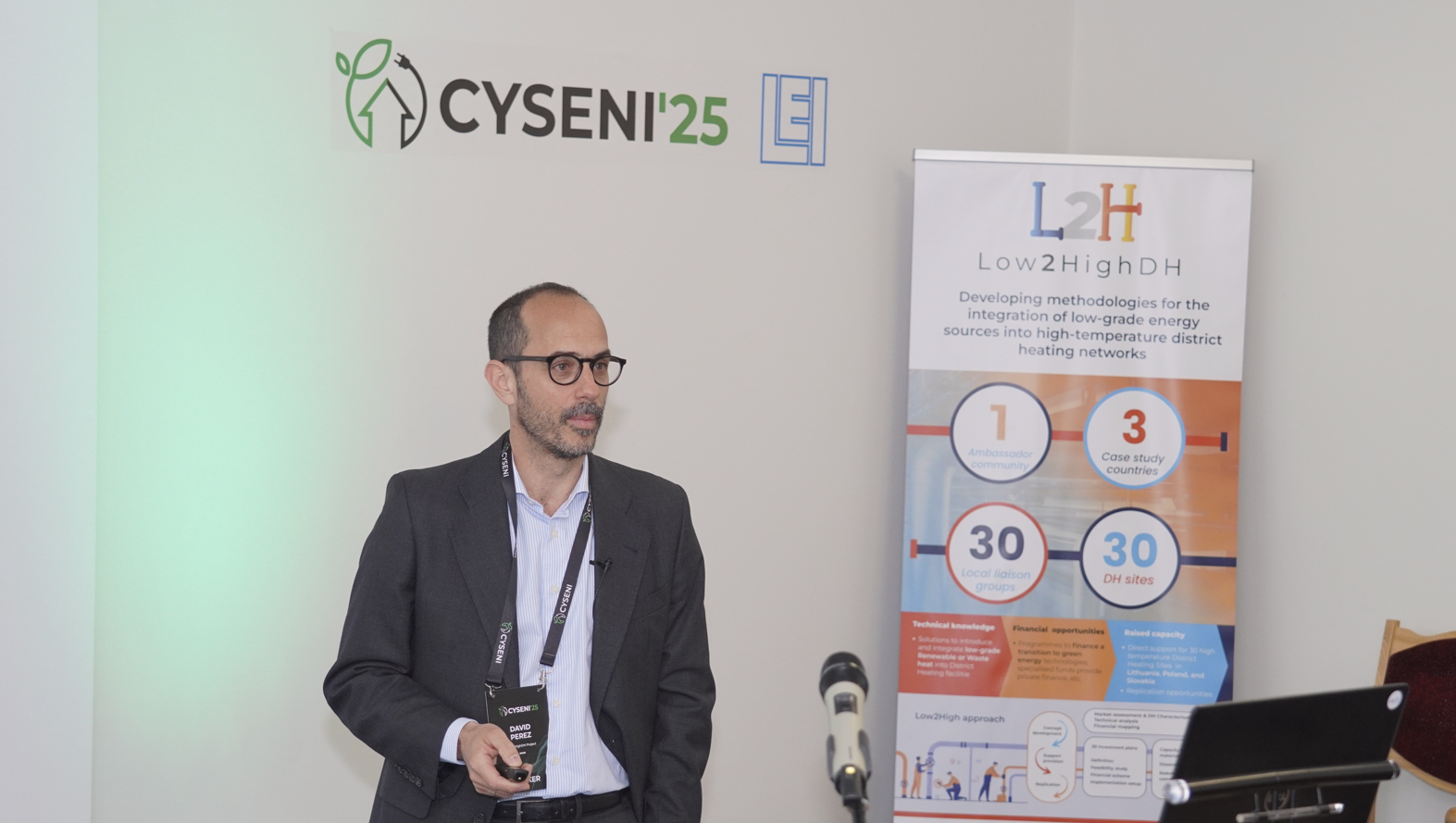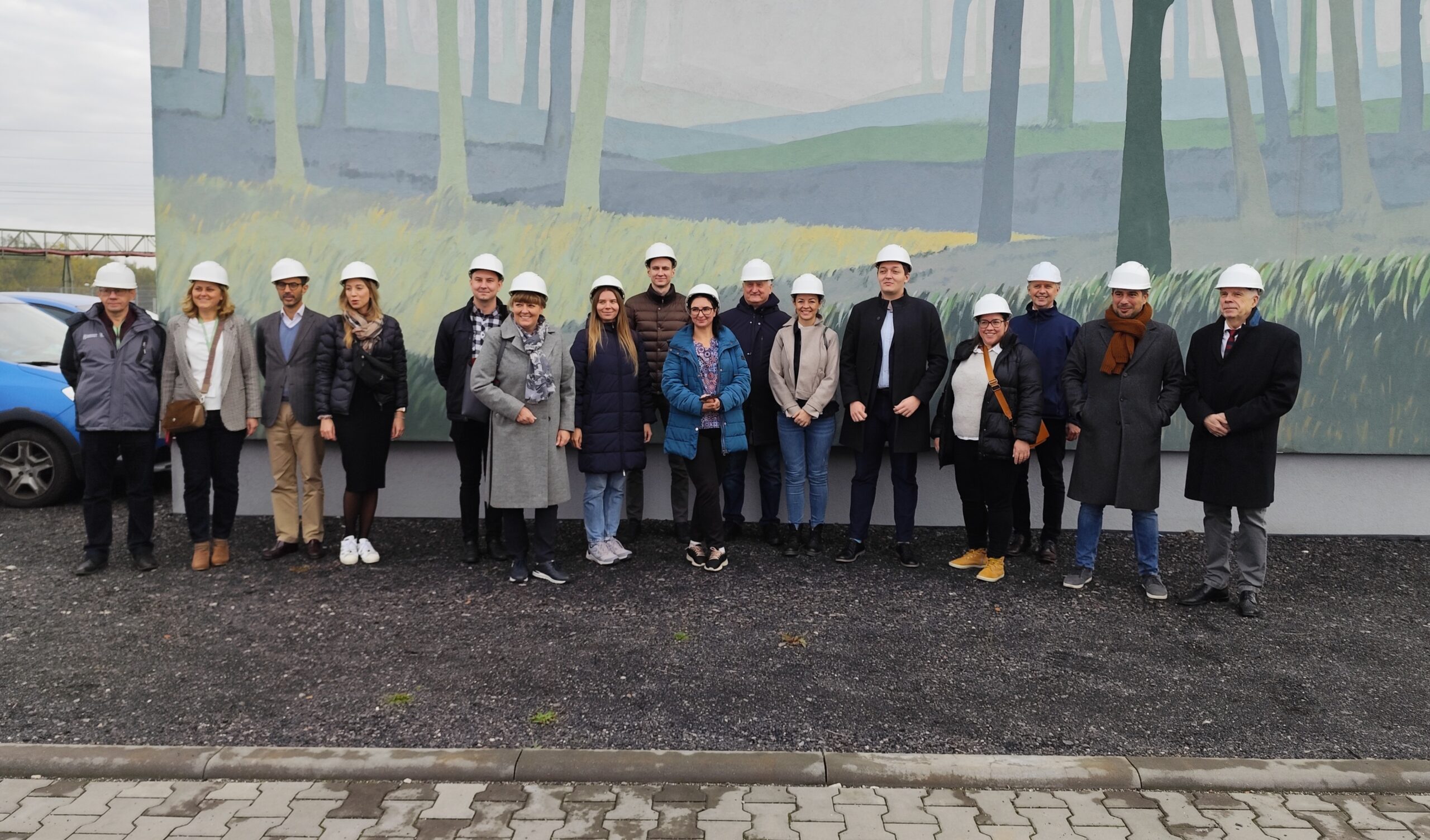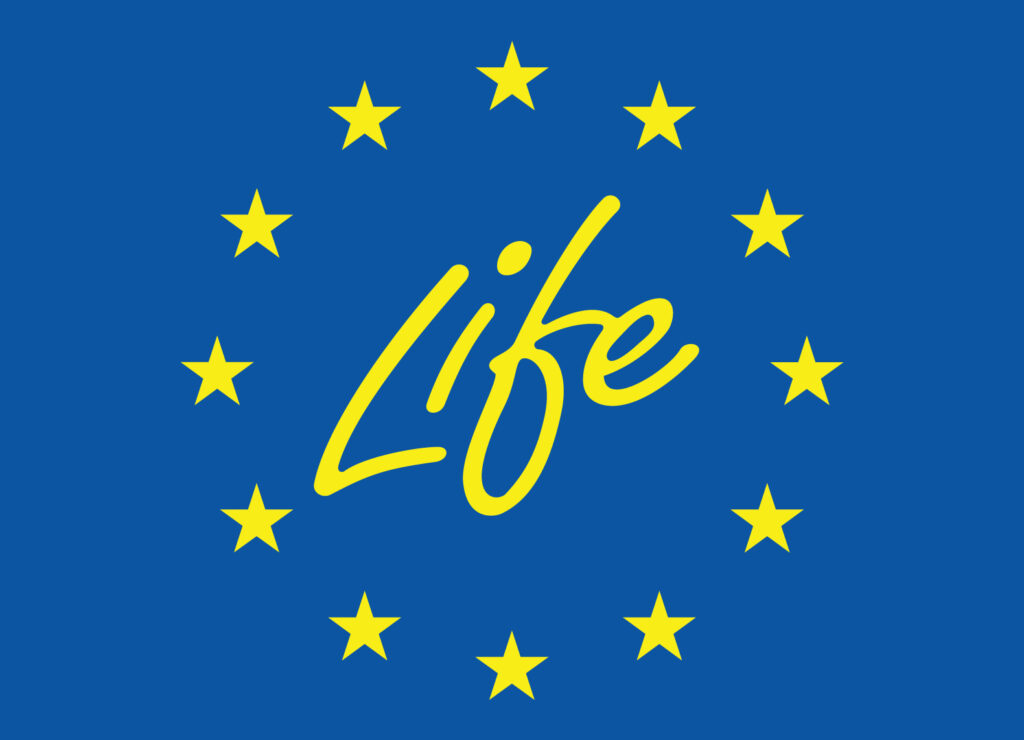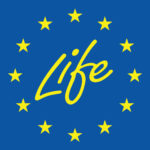W dniach od 20 do 22 maja 2025 r. projekt Low2HighDH z dumą wziął udział w wydarzeniu 21. międzynarodowa konferencja młodych naukowców poświęcona zagadnieniom energii i nauk przyrodniczych (CYSENI 2025)hostowany w Litewski Instytut Energetyki w Kownie. To coroczne wydarzenie gromadzi młodych profesjonalistów i naukowców z całej Europy i spoza niej, oferując żywą platformę do prezentowania najnowocześniejszych badań i nawiązywania długoterminowych partnerstw naukowych.
Tegoroczna konferencja gościła 80 uczestników z 7 krajówwraz z pięciu głównych mówców którzy odnieśli się do aktualnych wyzwań i innowacji w dziedzinie energetyki i nauk o środowisku. Wśród wybitnych prelegentów znaleźli się David Pérezkoordynator Projekt Low2HighDHktóry przedstawił misję projektu polegającą na dekarbonizacji wysokotemperaturowych systemów ciepłowniczych na Litwie, w Polsce i na Słowacji.
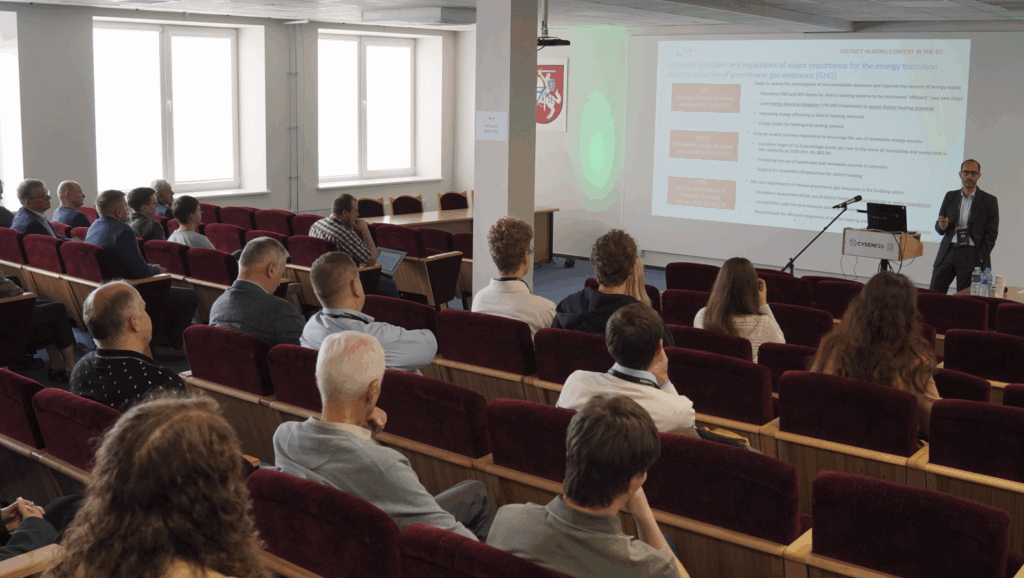
Prezentacja Davida podkreśliła wysiłki projektu mające na celu ułatwienie wykorzystania technologie niskiej jakości i ciepła odpadowego-w tym kolektory słoneczne, niskotemperaturowe instalacje geotermalne i pompy ciepła - w wysokotemperaturowych sieciach ciepłowniczych.
Udział w CYSENI 2025 pozwolił projektowi Low2HighDH nie tylko podzielić się swoim innowacyjnym podejściem do transformacji ciepłownictwa, ale także bezpośrednio zaangażować młodych naukowców i profesjonalistów kształtujących przyszłość czystej energii w Europie.
Podczas wizyty na Litwie zespół Low2HighDH - w tym Rolandas i Rimantas z Litewskiego Instytutu Energii (LEI) oraz David, koordynator projektu. - odwiedził jedną z pierwszych lokalizacji pilotażowych wybranych do wsparcia, znajdującą się w Rukla.
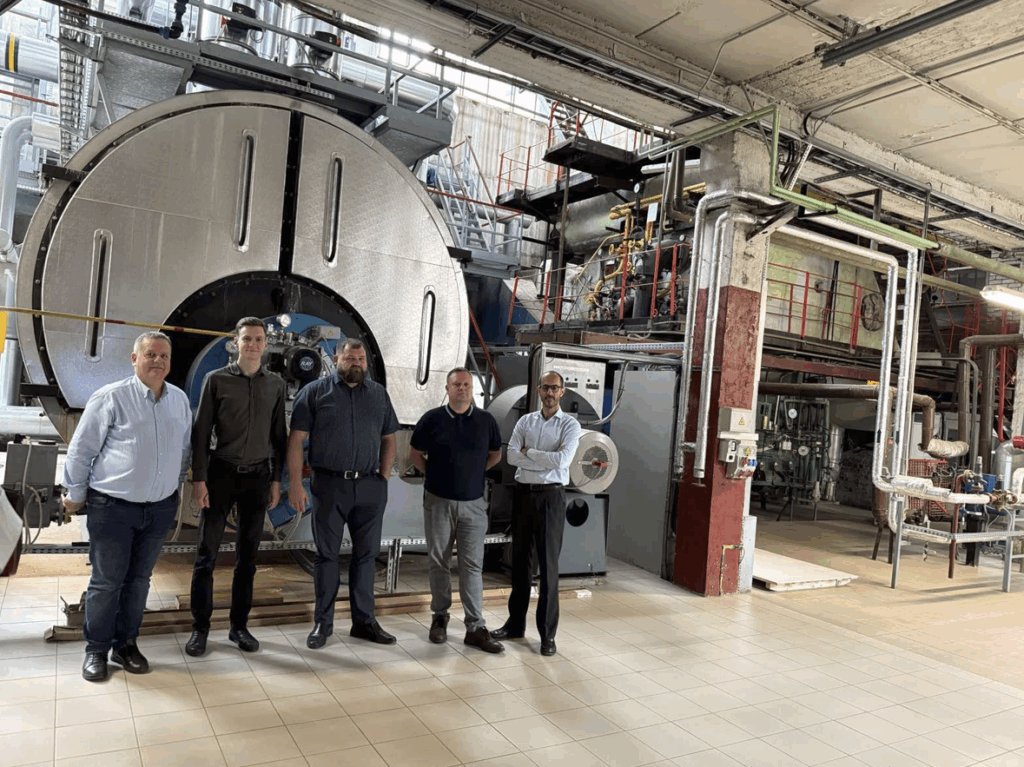
Rozmowy na miejscu z przedstawicielami operatora sieci ciepłowniczej koncentrowały się na zebraniu niezbędnych informacji technicznych i ekonomicznych w celu przeprowadzenia analizy. Wymiana ta stanowiła ważny krok w kierunku strukturyzacji dostosowanego wsparcia technicznego i finansowego dla obiektu, zgodnie z metodologią projektu, która obejmuje odbiór danych, analizę, prognozy i przygotowanie dostosowanego raportu z analizy rynku.
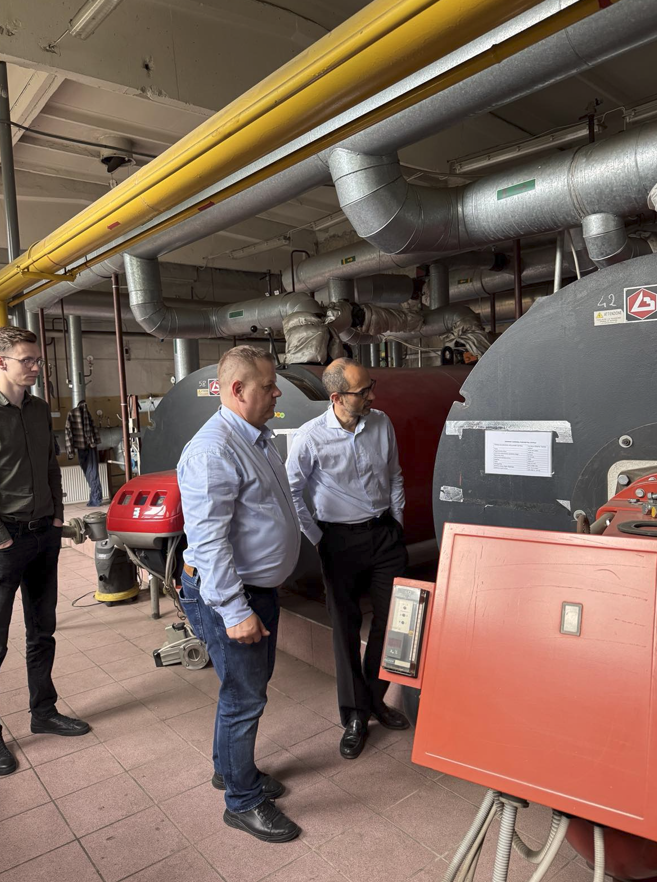
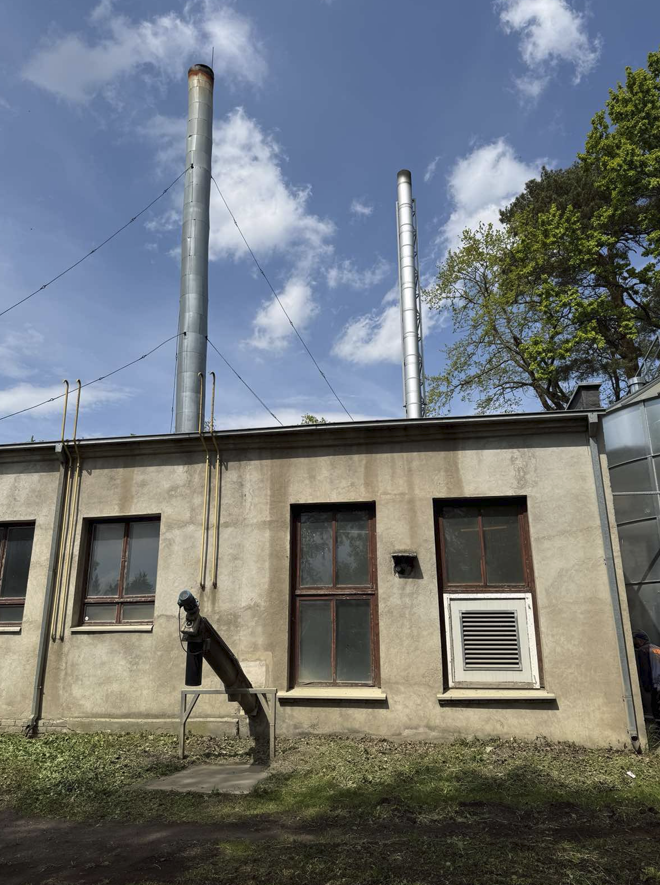
Dziękujemy Litewski Instytut Energetyki za zorganizowanie tej dynamicznej konferencji i cieszymy się na dalszą współpracę z kolejnym pokoleniem liderów branży energetycznej.
